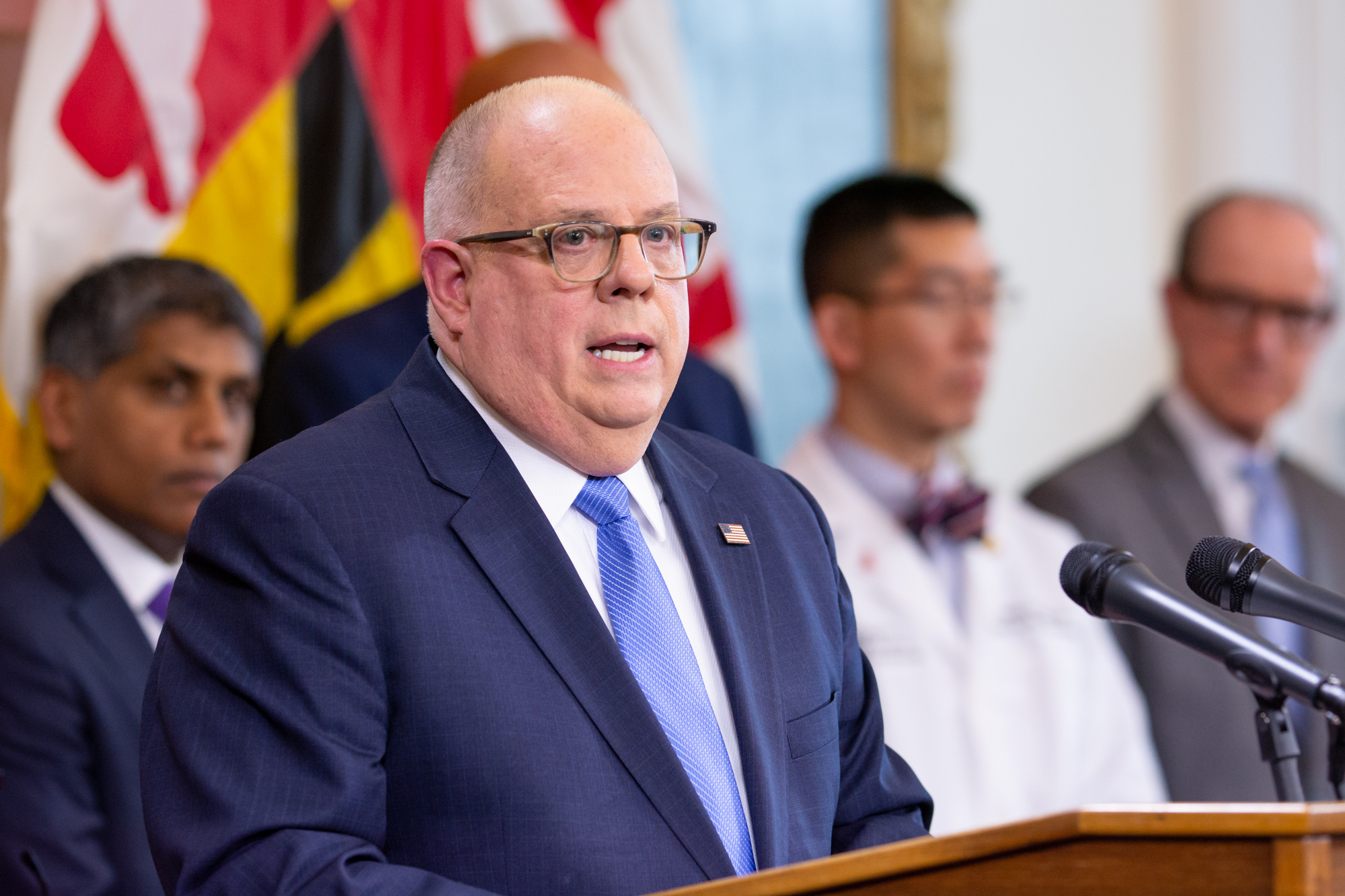As millions reckon with the U.S. Supreme Court’s decision last week to overturn Roe v. Wade, Maryland activists and lawmakers are calling on Gov. Larry Hogan to release funds that would increase abortion access.
In Maryland, the ruling has less significance than in other states because the state codified the right to an abortion into state law in 1992 through a ballot referendum.
But the ruling may create delays in care, such as longer wait times, due to more patients visiting Maryland to receive care because their home states banned abortions, state Del. Ariana Kelly (D-Montgomery County) said.
Kelly was the lead sponsor of the Abortion Care Access Act that the state legislature passed this year, legislation that increases abortion access in Maryland and went into effect on Friday. Legislators hope the legislation will prevent delays in care by ensuring the state has enough abortion providers to meet the demand, Kelly said.
“While we definitely want to make sure to be able to provide care to patients from out of state who really need our help, we don’t want Maryland patients to suffer and have to wait in long lines because other states are making the wrong choice,” she said.
[Here’s what the Roe v. Wade opinion leak means for abortion in Maryland]
The legislation also allows advanced practice clinicians to provide abortion care and has allocated $3.5 million annually to fund training other clinicians to provide abortions. However, Hogan has not released the funds, making them unavailable until July 2023.
Maryland will elect a new governor in November who could decide to release the funds as soon as they are sworn in, making the funds available sooner. But if not, the money will automatically be released next July.
Once the funds are released, the state still has to identify an organization to administer the funds and provide the grants to abortion providers for the training, Kyle Bukowski, chief medical officer for Planned Parenthood of Maryland, said.
The state does not have universally accessible abortion care — an issue that the Abortion Care Act funds could help remedy. As of 2017, 71 percent of counties in Maryland did not have an abortion provider, according to the Guttmacher Institute.
“Many patients who live outside the Baltimore-Washington corridor have to travel many miles and hours, potentially, to get to an abortion provider,” Bukowski said.
Val Graham, a sophomore government and politics major at the University of Maryland, views the issue of abortion care in Maryland as “more of a regional issue” because of the lack of abortion clinics in many counties, she said.
Graham said Hogan’s decision is disappointing and will have consequences on abortion access in the state.
“If we have another person who is not dedicated to expanding and protecting abortion care in the state of Maryland, I think that can be really devastating,” Graham said. “It’s important to make sure that we have elected officials who are dedicated to protecting the right to abortion and protecting reproductive rights in the state,” she said.
Graham encourages people to donate to abortion funds and push state legislators to codify abortion rights in the Maryland constitution and to see the issue on the ballot in the next election cycle.
[UMD students gather in D.C. to support abortion rights after leaked Supreme Court decision]
Laure Ruth, legal director of the Women’s Law Center of Maryland, emphasized the importance of continuing to push for change.
“We’re a pretty safe democratic state right now, but that is not a given forever and we cannot forget that,” Ruth said during a Wednesday panel on abortion access.
“The Women’s Law Center was founded in 1972, right around the time when Roe v. Wade was being decided, I find it sort of ironic, not in a good way,” Ruth added. “And so it has been a very, very disheartening and difficult time for the past week, although we knew it was coming.



